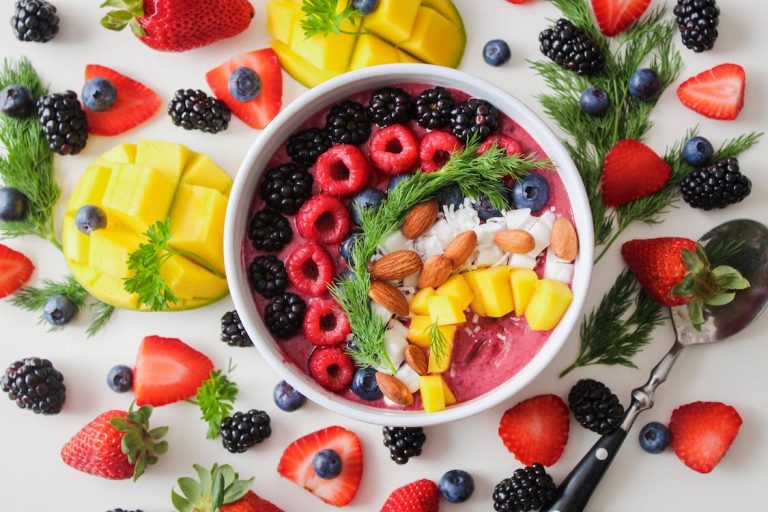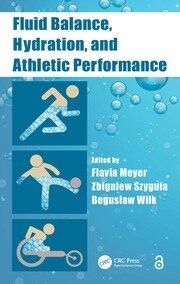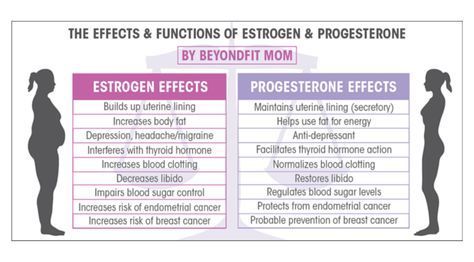Celiac disease is an autoimmune disorder that affects the small intestine, triggered by the ingestion of gluten. Athletes with celiac disease face unique challenges in maintaining an active lifestyle while adhering to a gluten-free diet. Gluten, which is found in wheat, barley, and rye, is a common ingredient in many sports supplements and foods typically consumed by athletes. This article aims to provide guidance and information on how athletes with celiac disease can effectively manage their gluten-free diet without compromising their performance.
The Importance of a Gluten-Free Diet
Following a strict gluten-free diet is crucial for individuals with celiac disease to maintain optimal health and prevent long-term complications. When individuals with celiac disease consume gluten, their immune system responds by damaging the small intestine, leading to malabsorption of nutrients. This can result in a range of symptoms including abdominal pain, diarrhea, and fatigue, which can greatly hinder athletic performance.
Gluten-Free Substitutes for Essential Nutrients
Athletes must ensure they are receiving adequate amounts of essential nutrients while adhering to a gluten-free diet. Gluten-free substitutes can help replace the nutrients typically found in wheat, barley, and rye. For example, quinoa, rice, and corn are excellent sources of carbohydrates that can be used as alternatives to gluten-containing grains. Furthermore, consuming a wide variety of fruits, vegetables, and gluten-free grains helps athletes meet their nutritional needs while minimizing the risk of nutrient deficiencies.
Gluten-Free Sports Supplements
Athletes often rely on sports supplements to enhance their performance and support recovery. However, many sports supplements contain gluten or are processed in facilities that handle gluten-containing products, posing a risk for athletes with celiac disease. When choosing sports supplements, athletes must carefully read product labels and look for those that are explicitly labeled as gluten-free. Additionally, consulting with a registered dietitian who specializes in sports nutrition can help athletes identify suitable gluten-free alternatives for their particular needs.
Meal Planning and Preparation
One of the biggest challenges for athletes with celiac disease is ensuring a gluten-free diet while traveling for competitions or eating out with teammates. Proper meal planning and preparation can help alleviate this challenge. Athletes can bring their own meals and snacks when traveling, ensuring they have gluten-free options readily available. When eating out, they should communicate their dietary needs to the restaurant staff and inquire about gluten-free options or modifications to existing menu items. Sticking to naturally gluten-free foods, such as grilled meats, fish, vegetables, and fruits, can also be a safe choice when dining out.
Adapting Recipes and Cooking Methods
Many traditional recipes contain gluten, making it necessary for athletes with celiac disease to adapt their cooking methods and find gluten-free alternatives for their favorite dishes. Thankfully, there is a wide range of gluten-free flours available, such as almond flour, coconut flour, and rice flour, that can be used in place of wheat flour. Moreover, learning to read food labels is essential to identify hidden sources of gluten, such as soy sauce or certain canned soups that may contain wheat. Experimenting with gluten-free recipes and consulting gluten-free cookbooks can help athletes discover new ways to enjoy their favorite foods while adhering to a gluten-free lifestyle.
Seeking Professional Support
Athletes with celiac disease are advised to seek professional support from registered dietitians who specialize in sports nutrition and have expertise in managing gluten-free diets. They can help athletes create tailored meal plans, identify safe food options, and address any concerns or difficulties that arise. Working with a professional can ensure that athletes with celiac disease are meeting their nutritional needs, adequately fueling their bodies, and optimizing their performance.
Conclusion
A gluten-free diet is essential for athletes with celiac disease to maintain good health and achieve peak performance. By carefully managing their diet, athletes can ensure they are receiving adequate nutrients while avoiding gluten-containing foods and supplements. With proper planning, communication, and professional guidance, athletes with celiac disease can thrive in their chosen sports without compromising their dietary needs.








